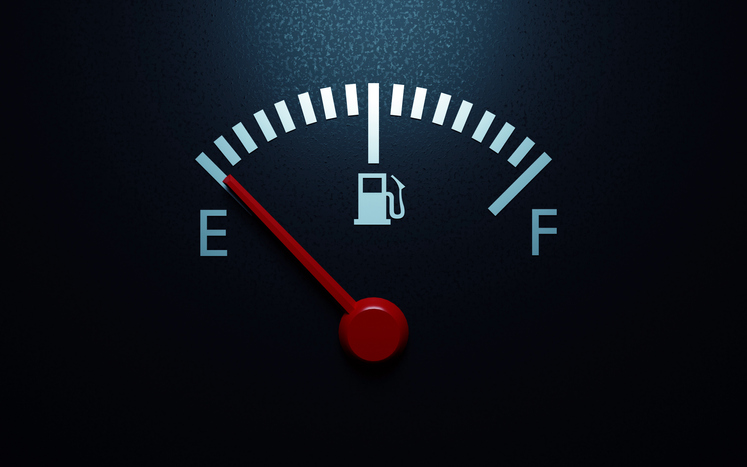If a vehicle experiences a sudden drop in its fuel efficiency, there can be a number of reasons behind the issue. While different makes, models, and years of vehicles get different gas mileage, a vehicle’s fuel economy rating should never stray too far from the manufacturer’s average rating. If you’re considering a career as an auto mechanic, becoming familiar with the many reasons that a vehicle may be experiencing a reduction in fuel efficiency will help you to quickly make a diagnosis and perform the necessary repairs.
Below, discover five common causes of poor gas mileage in vehicles.
1. After You Become an Auto Mechanic, Check to See Whether the Fuel Injectors Are Damaged
Fuel injectors are the mechanisms responsible for inputting fuel into the cylinders of an engine. These injectors spray a specific pattern of fuel in order to inject the correct amount into the engine, creating a mixture of fuel and air that will combust and allow the engine to operate. If these fuel injectors become damaged or clogged, it will be difficult for them to inject the right amount of fuel. When the wrong pattern of fuel is sprayed, the engine’s efficiency can be negatively affected, lowering the vehicle’s fuel economy. Once you become an auto mechanic, be sure to check the fuel injectors in order to determine whether they need replacing.

2. The Oxygen Sensor May be Dirty
If a vehicle’s oxygen sensor is dirty, the car computer won’t be able to correctly measure the amount of fuel entering the engine. The oxygen sensor is responsible for measuring the richness or leanness of the exhaust gases that leave the engine. In turn, it sends a message to the vehicle’s computer, enabling it to adjust the amount of fuel that’s consumed by the engine. When the oxygen sensor is dirty or malfunctioning, the engine runs the risk of burning too much fuel, resulting in reduced fuel efficiency.
3. See if the Engine Air Filter Needs Changing
Engines need to consume air in order to obtain the correct ratio of fuel and air needed to power a vehicle. Air enters the engine through an air filter, but when the filter is clogged, the engine won’t be able to get enough air to achieve peak performance. After becoming a professional auto mechanic, be sure to check the engine air filter to see whether it’s dirty or clogged. If it is, it’s likely the culprit of a vehicle’s gas mileage problem, as the engine won’t perform as well without a sufficient amount of air.

4. Tire Pressure Problems Can Lead to Reduced Fuel Efficiency
When tire pressure is low, a vehicle is likely to experience worse gas mileage than it would with properly inflated tires. Low-pressure tires have a less effective diameter, in addition to greater rolling resistance with the road. This causes a vehicle to use more fuel than normal, leading to reduced fuel efficiency. If a driver comes into your repair shop with fuel efficiency problems, you’ll want to check that their tires have a PSI (pounds per square inch) of pressure that meets the manufacturer recommendations.
5. Check the Status of the Engine Oil
As most automotive professionals probably know, a vehicle’s engine oil needs to be changed regularly in order to ensure that the engine can achieve peak performance. When an engine isn’t properly lubricated, its parts may experience premature wear and tear due to friction, affecting its ability to utilize fuel efficiently. Additionally, using an engine oil that’s too thick can create a greater amount of resistance between the engine’s components, reducing fuel efficiency. When servicing vehicles with gas mileage problems, check to see what kind of engine oil is being used, and whether it’s time for an oil change.
Are you considering enrolling in automotive school?
Launch your career with a program at ATC Montreal!


